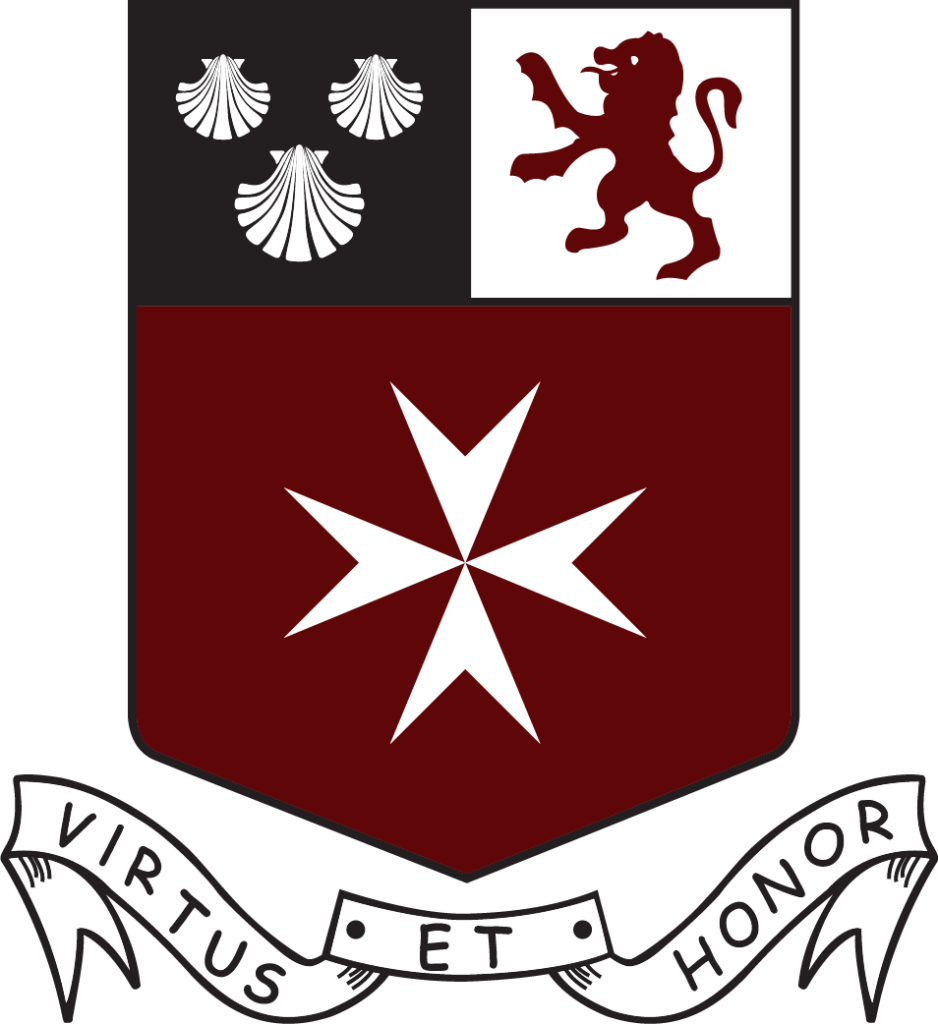Trustees of the College
From the College’s inception the Trustees consisted of highly distinguished individuals: the Governor of Malta, “His Majesty’s Principal Secretary of State for Dominion Affairs and for the Colonies, the Archbishop of Westminster, and the Bishop or Archbishop of Malta” and of course, Lady Strickland herself. They were responsible for, inter alia, applying the annuity left by Lady Strickland towards the maintenance and support of the College; investing the sum of money left by her in a Trust Fund; and, at their discretion, applying its income towards ‘the maintenance, improvement, enlargement and support of the school’.
They were also enjoined to ensure that the school “shall at all times be carried on and conducted as a higher school for boys in accordance with the precepts and discipline of the Catholic Church and as far as possible in like manner to similar schools in England”.
Distinguished Maltese Citizens
Inevitably, with the march of time and the change of Malta’s status from British Colony to sovereign, independent state, the composition of the Trustees has altered. For a while, Malta’s Governor General and then Malta’s President were Chairmen of the Trustees, together with the Archbishop and the Governor of the Central Bank of Malta. As events developed and circumstances changed, the Trustees continued to comprise distinguished Maltese from different walks of life. Today the Chairman of the Trustees is Mr John Bonello, previously Chairman of PricewaterhouseCoopers, while its members consist of Mr Louis Farrugia, the Chairman of Simonds Farsons Cisk, Mr Kevin Valenzia and Prof John Mark Portelli.
The change of personalities as Trustees and the appointments from which they have been drawn has occurred seamlessly, but their basic responsibilities for the investment and expenditure of the Trust’s Funds and their guardianship of Lady Strickland’s legacy have remained unchanged.
The Board of Governors
As to the Board of Governors, the Deed of Foundation drawn up by Lady Strickland lays down that “Provided that at all times not less than two thirds of the Board shall be Catholics in communion with the Apostolic Church of Rome, the said school shall be under the management of a Chairman of the Board of Governors forming part of a Board of Management with not less than six other Governors, who shall have the power to co-opt additional governors [up to a maximum of twenty] with the approval of the Trustees”. The Board of Governors will “make regulations … for the carrying on and conduct of the said school” and have the power to appoint and remove staff and other officials and to regulate their remuneration.
Successive Boards of Governors have been composed of individuals drawn from a mixed background and range of talents. Boards have also been made up of members of different ages. The current board members are: Mr. Michael Paris, Chairman, Dr Louise Ellul Cachia Caruana, Dr Malcolm Falzon, Dr Michael Grech, Mr Carmelo Hili, Mr Albert Mamo, Prof Richard Muscat, Mr Albert Mamo, Prof Valerie Sollars.
Like their forebears, these members volunteer their expertise freely towards the formulation and achievement of policies and objectives in consonance with the ideals set out in the Deed of Foundation.
The over-riding task of the Board of Governors has been to ensure that St Edward’s College runs successfully and smoothly in accordance with the aims of the Deed of Foundation of the College laid down in 1929 and always in a manner likely to benefit the College, its staff and its pupils. The Board is ultimately responsible for shaping the future of the school.
In practice, the Board of Governors’ role has been to work with the College on developing policies and for reviewing the College’s overall performance.
Its responsibilities are exercised in partnership with the Head and his staff. The Headmaster has been ultimately responsible for all internal management and discipline and put into practice the agreed policies.
A more important aspect of the Board of Governors’ role is to set the annual fees which reflect staff salaries, capital expenditure and other running costs.
